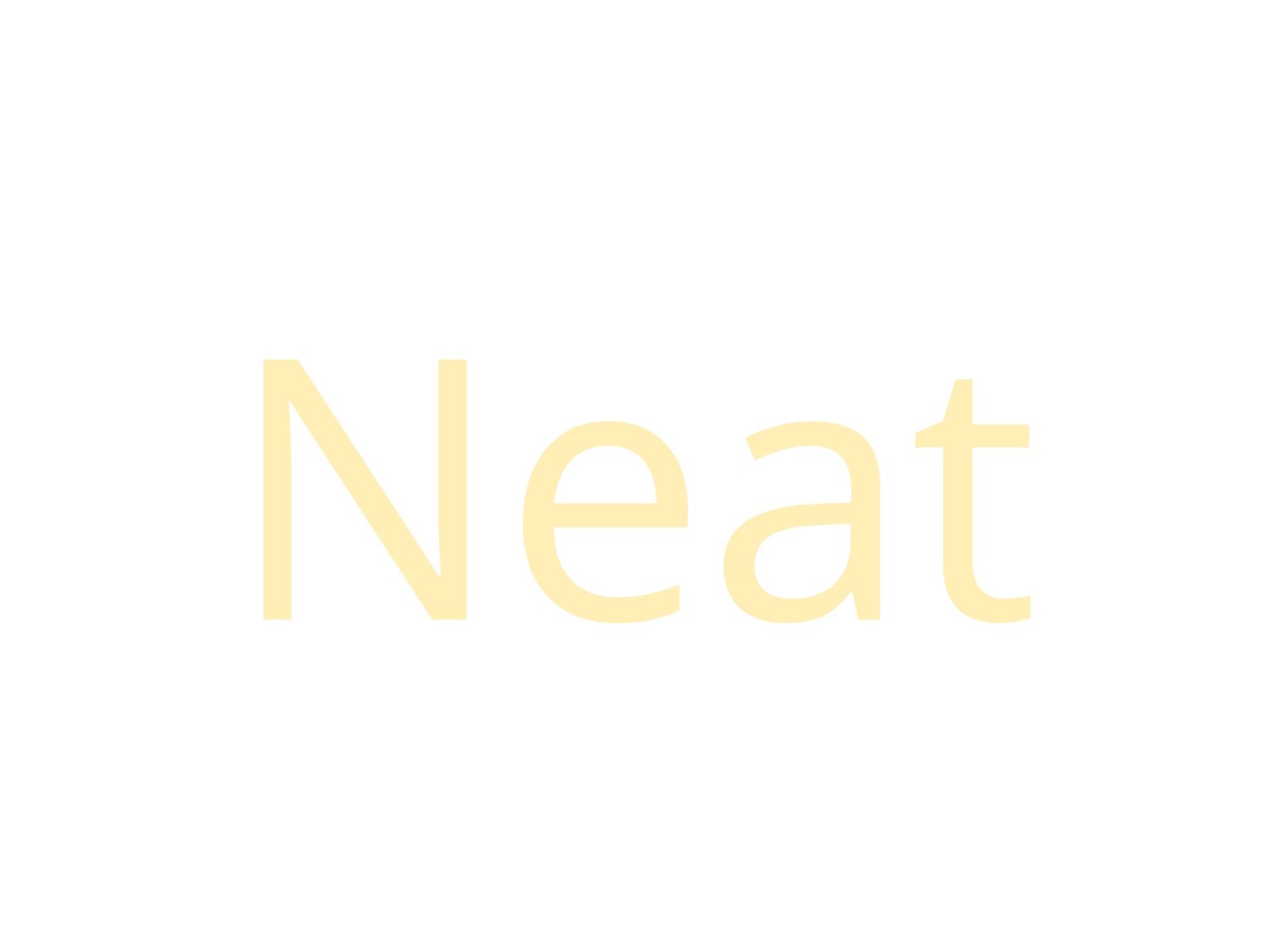Architecture BRIO, powerHYDE Solar Prototype House For Commubity of 170 Homes, Mathjalgaon, Maharashtra State, India
©Photographix | Sebastian Zachariah
Mumbai firm, Architecture BRIO has designed a low cost, zero plus, rooftop solar house and a prototype was constructed in 2019 in Maharashtra State, India.
This house is to be the forerunner of a proposal to provide low cost housing that generates power with a large rooftop array, sells the excess to a local grid, contributing to the power driving local small industries. It is intended that it will be a self funding model for the ongoing construction of affordable village homes.
https://www.architecturebrio.com/projects-item/billionbricks-homes-self-financing-home/
“BillionBricks Homes / powerHYDE is the world’s first carbon negative, self financing home for the homeless. Designed for the 200 million rural homeless in India, powerHYDE ensures that when these homes are built, they do not add negatively to the environment. Therefore they do not become a burden for other infrastructure provisions such as electricity, water and waste.
Each powerHYDE produces four times the amount of energy it needs for itself. A community of powerHYDE’s sells the additional energy to neighbouring industries and powers other communal facilities. This generates additional income for the inhabitants. A cluster of 75 powerHYDE homes is a mini power plant generating 1 MW of energy.
‘PowerHYDE’ combines through one solution:
1. the enormous demand for housing (40 million rural homes in India)
2. the increasing need of sustainable energy (300%) and
3. a sustainable financial model.
Financing
The daunting numbers and lack of financing have paralysed construction of homes for the poor. PowerHYDE is a self financing home conceived as a product. It is a product that produces more energy than its own usage and generates its own income. Since scaleability is essential for housing solutions, the house is designed in such a way that it is easy to assemble. Additionally the design is adaptable to different cultural, regional and climatic conditions.
PowerHYDE is modular. In order to meet the demand of growing families, the structural system of the house allows vertical and/or horizontal expansion. Moreover, passive and active sustainability measures meet the needs of fossil free energy production and zero impact water re-use and circulair waste treatment.
”
©Photographix | Sebastian Zachariah
©Photographix | Sebastian Zachariah
Unlike an average household, each BillionBricks home is designed to be self-sufficient and capable of being totally off grid. It removes itself from the greater system by producing renewable solar energy, harvesting rainwater, managing waste in septic tanks and supplementing food production with seasonal gardens. The benefits of this are exponential when these homes combine to form communities.
In order to optimise construction time and structural quality, BillionBricks is developing its own low cost
and hand-held pre-fabrication technology for structural and service systems. This will allow pre-fabricated components to be assembled on site without the use of specialised equipment or heavy machinery.
PowerHYDE is modular. In order to meet the demand of growing families, the structural system of the house allows vertical and/or horizontal expansion. Moreover, passive and active sustainability measures meet the needs of fossil free energy production and zero impact water re-use and circulair waste treatment.





